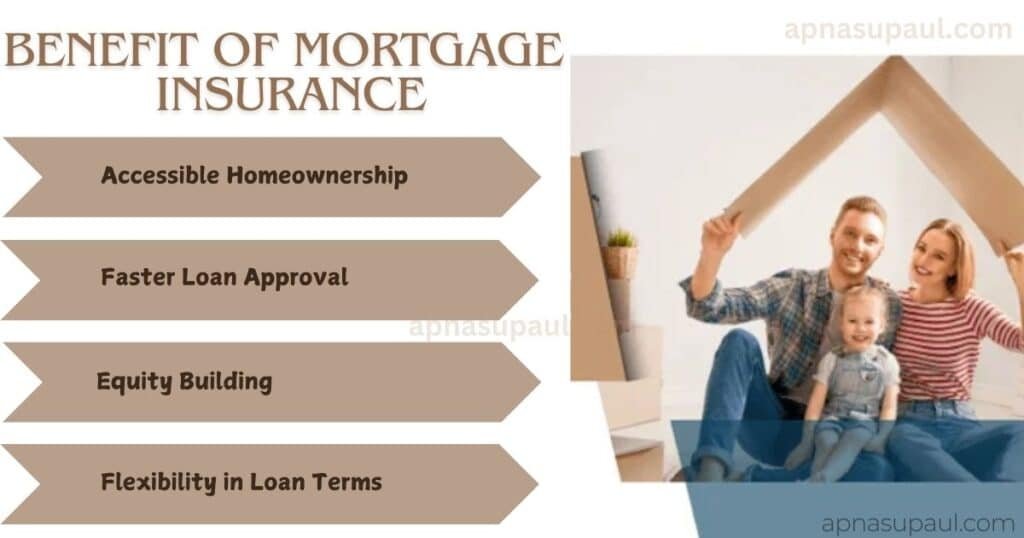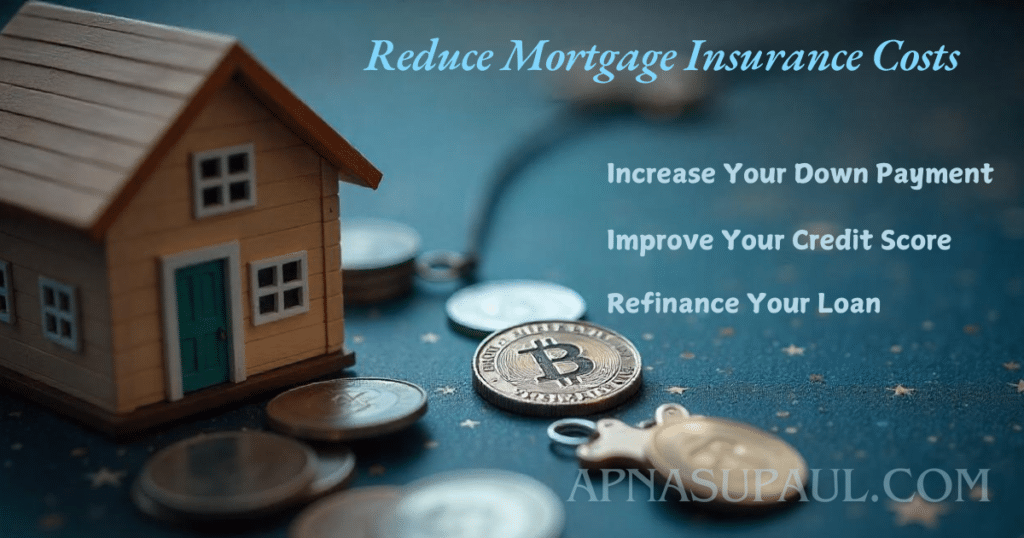Buying a home is one of life’s most significant milestones, but for many, the path to homeownership comes with financial challenges. Mortgage insurance is a valuable tool that helps aspiring homeowners achieve their dreams by bridging the gap between their finances and the lender’s requirements. By mitigating lender risk, it makes home loans more accessible, especially for those with smaller down payments.
What Is Mortgage Insurance?
Mortgage insurance is a policy that protects lenders in case the borrower fails to repay their home loan. While it primarily benefits lenders, it also enables borrowers to secure loans with lower down payments or less-than-perfect credit histories. Depending on the loan type, this insurance can be paid monthly, upfront, or as part of the overall loan cost.
Types of Mortgage Insurance

Private Mortgage Insurance (PMI)
- Commonly required for conventional loans when the borrower makes a down payment of less than 20%.
- PMI can be canceled once the borrower achieves sufficient equity in the home.
Mortgage Insurance Premium (MIP)
- Specific to loans insured by the Federal Housing Administration (FHA).
- Requires an upfront premium and ongoing monthly payments for the life of the loan or until specific conditions are met.
Lender-Paid Mortgage Insurance (LPMI)
- The lender pays the insurance premium, but the cost is usually passed on to the borrower in the form of a higher interest rate.
VA Loan Guarantee Fee
- Applicable to loans backed by the Department of Veterans Affairs (VA).
- Functions similarly to mortgage insurance but is a one-time funding fee for eligible military members and veterans.
Benefits of Mortgage Insurance

Accessible Homeownership
- Mortgage insurance allows borrowers to purchase homes with lower down payments, reducing the barrier to entry.
Faster Loan Approval
- By reducing the lender’s risk, mortgage insurance increases the likelihood of loan approval, even for borrowers with limited credit history.
Equity Building
- Early homeownership enables borrowers to start building equity, often outpacing the cost of paying rent.
Flexibility in Loan Terms
- Many mortgage insurance programs offer flexible repayment terms, making it easier for borrowers to manage their finances.
Costs Associated with Mortgage Insurance
- Upfront Costs: Some loans require an upfront premium, which can either be paid in full or rolled into the loan amount.
- Monthly Premiums: Most borrowers pay ongoing monthly premiums as part of their mortgage payment.
- Interest Rate Impacts: In the case of LPMI, borrowers may face slightly higher interest rates.
How to Avoid or Reduce Mortgage Insurance Costs

Increase Your Down Payment
Saving for a 20% down payment eliminates the need for PMI on conventional loans.
Improve Your Credit Score
A better credit score can reduce your mortgage insurance premiums.
Refinance Your Loan
Once you build sufficient equity, consider refinancing to eliminate PMI or reduce insurance costs.
Shop Around
Different lenders and loan types have varying insurance requirements. Comparing options can help you find a better deal.
Also Read : The Benefits Of Dental Insurance: Saving Money While Maintaining Oral Health

